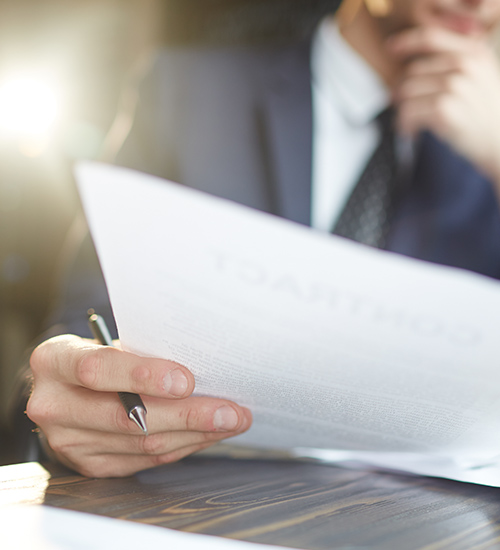
Personal injury in the aviation sector: what it is and how to claim compensation
Personal injury in the aviation sector includes physical or psychological damage sustained during a flight or at airport facilities. Knowing the rights and procedures for claiming compensation is crucial for victims of these incidents. This article details what personal injury is, how to proceed and what the rights of the persons concerned are.
What is Personal injury in the aeronautical field?
Personal injuries include physical injuries, such as broken bones or bruises, and psychological injuries, such as trauma or stress after in-flight incidents. These can occur during boarding, on board or on disembarkation. These include, for example, luggage falling from overhead bins, tripping in aisles or serious emergencies such as severe turbulence or emergency landings.
International regulations, led by the Montreal Convention, establish that airlines are liable for injuries sustained by passengers on board or during the boarding and disembarkation processes, unless they can demonstrate that they have taken all reasonable measures to avoid harm.
How to act in the event of personal injury
In the event of personal injury, it is essential to act quickly to protect rights. The key steps are as follows:
- Immediate medical care: Seek medical attention, even for minor injuries, ensuring that a professional evaluation documents the damage.
- Document the incident: Collect evidence such as photographs of the accident scene and details of the equipment involved. Testimonies are also valuable.
- Notify the airline or airport: Report the incident as soon as possible and ensure it is recorded in an official report.
- Keep travel documents: Keep tickets, boarding passes and other related documents to support the application/claim.
Personal injury claims
The next step is to begin the claims process. Depending on the circumstances, compensation may be claimed for:
- Medical expenses: Includes immediate and future treatments necessary for recovery.
- Loss of income: Due to temporary or permanent inability to work.
- Personal and Psychological Injuries: Compensation for pain, trauma, or disorders such as post-traumatic stress disorder.
- Additional expenses: Costs arising from the incident, such as transportation or special care.
Financial compensation depends on the severity of the damage and is subject to the limits set by the Montreal Convention, such as the 128,821 Special Drawing Rights (SDRs) for international flights.
When to see a lawyer
If the airline declines all liability or if the compensation offered is not sufficient, it is advisable to consult a lawyer practicing in aviation law. This professional will help gather evidence, negotiate with insurers, and if necessary, take legal action to ensure fair compensation.
Personal injury prevention
Although they can not always be avoided, there are preventive measures. Passengers should follow safety instructions on board and be careful when handling luggage. Airlines and airports, for their part, have a responsibility to ensure facilities and services that comply with safety standards.
Conclusion
Personal injuries in aviation can have a significant impact on passengers and staff. Knowing your rights, acting appropriately, and filing a formal complaint are essential steps to protecting yourself. International standards ensure that victims can obtain fair compensation, and having an adequate lawyer is essential to ensuring that their rights are respected. At BCV Lex, our teams in Bordeaux and Madrid are at your service and operate throughout France and Spain to defend your interests. Don’t hesitate to contact us.





